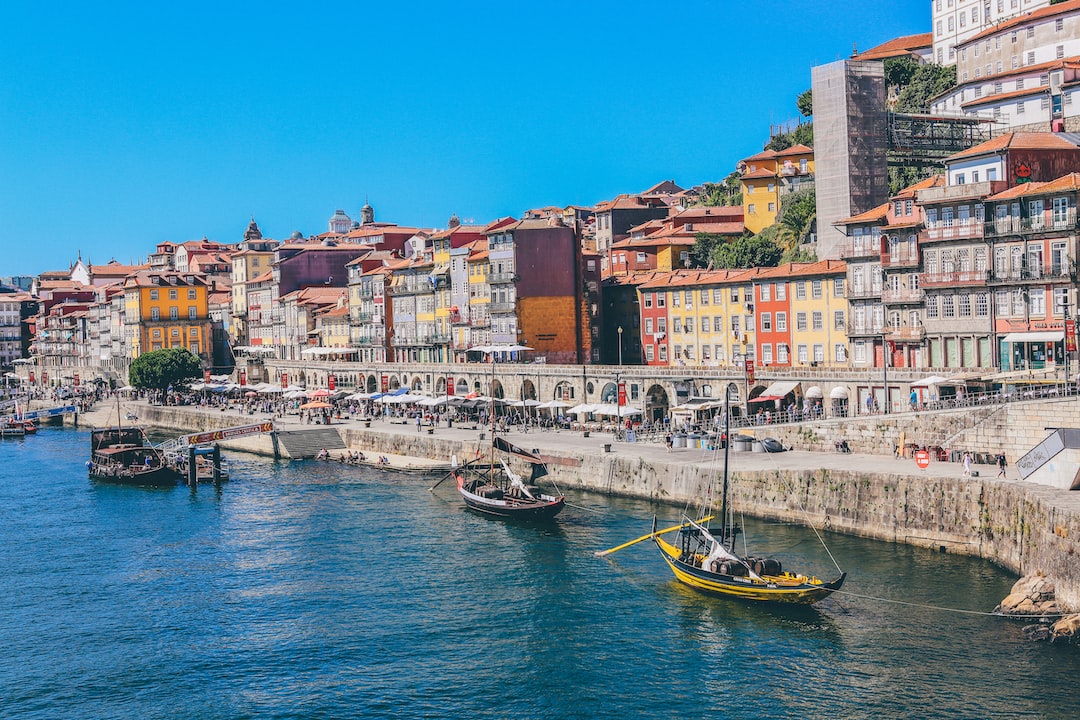Are you looking for something unique to make your wedding stand out?
Portuguese weddings are full of vibrant and traditional customs that will create a truly memorable experience.
From engagement traditions to the ceremony itself, reception celebrations, and post-wedding events – there’s no shortage of Portuguese wedding traditions that can be incorporated into your big day.
Let us take you on a journey through Portugal’s diverse culture as we explore some of its most captivating wedding practices.
Portuguese Wedding Traditions
Portuguese Engagements
1. The Engagement
In Portuguese culture, a man would typically ask for a woman’s hand in marriage in the presence of her father.
This is usually done by presenting gifts such as flowers or jewelry and then asking for his daughter’s hand.
A formal proposal must be made before the engagement is officially accepted.
The father may also ask the man to demonstrate his financial stability and ability to provide for his daughter’s future.
Wedding Ceremony Traditions
2. The Wedding Day
A traditional Portuguese wedding typically starts with the couple exchanging rings and a small ceremony at their church or venue.
After the vows, some couples may perform a traditional first dance or “flower rain” (a shower of flower petals).
This is then followed by a large reception where guests enjoy food, music, and dancing.
During this reception, it is customary for the groom to slash the bride’s wedding veil before they share their first kiss as a married couple.
At the end of this celebration, the newlyweds will often be showered with rice or rose petals in a joyous grand finale.
Wedding ceremonies in Portugal are traditionally held in churches or other religious venues and involve a procession of the bride and groom.
Brides typically wear white gowns with lace veils, while grooms don black suits with white shirts.
This attire is often accompanied by accessories such as tiaras, necklaces, earrings, and bouquets for the bride, boutonnieres for the groom, and corsages for family members.
3. Venue decorations
These may include flowers, candles, ribbons, banners, and photos of the couple’s families or ancestors to represent their union.
During the ceremony itself, there are usually several symbolic rituals that take place, such as exchanging rings to signify commitment to each other or lighting unity candles/sand ceremonies that symbolize two families coming together as one.
In some cases, couples also choose to exchange vows during this time, where they pledge their love and devotion to each other before God and witnesses from both sides of their family.
Afterward, guests will be invited back home, where they can enjoy traditional Portuguese food like bacalhau (codfish) dishes along with drinks like port wine.
At the same time, music plays in the background allowing everyone to dance until late into the night.
From traditional clothing to symbolic rituals, Portuguese wedding ceremony traditions are full of color and joy.
Reception Traditions
4. Food and Drinks
Portuguese receptions are renowned for their delicious food.
Traditional dishes served at weddings include bacalhau (codfish), caldo verde (green soup), carne de porco à alentejana (pork dish), arroz doce (sweet rice pudding), bolo rei (king cake) and pastéis de nata (custard tarts).
To wash it all down, guests can enjoy drinks such as sangria, port wine, or local beers.
Having a wedding cake is also a tradition in a Portuguese wedding ceremony.
5. Music and Dancing
Music is an integral part of any Portuguese wedding reception. A live band typically plays traditional folk songs and popular music worldwide to keep the party going.
Popular Portuguese singers, such as Amália Rodrigues, Mario Laginha, and Mafalda Veiga, are often featured during the ceremony.
During the reception, guests typically dance to upbeat fado music, waltzes, and ballads.
Popular choices may also include Latin American hits like “Despacito” and international pop songs like Ed Sheeran’s “Shape of You”.
Guests are encouraged to join in on the fun by singing along or dancing with one another.
6. Gifting
Gifts are expected to be brought for both the couple and their families as tokens of appreciation for being invited to celebrate their special day.
Popular gifts include bottles of wine, homemade sweets like brigadeiro or pão-de-ló cakes, flowers, jewelry pieces, home décor items such as vases or frames with pictures of the couple’s engagement photos inside them.
Guests may also receive small favors like miniature bottles filled with olive oil or honey, which symbolize good luck in married life.
As the night winds down, couples can look forward to starting their new lives together with post-wedding traditions such as blessing the marriage bed and planning honeymoons – but first, it’s time to celebrate.
7. Customs and Superstitions
Superstitions are a big part of Portuguese weddings.
A popular superstition is that an unmarried guest should get pinched on the arm if they’re caught standing during the cutting of the wedding cake.
Another superstition suggests that any newlywed couple who steps on a snail will have good luck.
Additionally, some couples believe that it’s bad luck to look in a mirror after getting married, so they may avoid doing so until after the ceremony.
Post-Wedding Traditions
8. After the Wedding
Blessing of the marriage bed is another common post-wedding tradition where family members bless the newlywed’s bedroom before they enter it for their first night together as husband and wife.
This ritual symbolizes protection from evil spirits and can be done by sprinkling holy water around the room or burning incense while saying prayers of blessing over them.
Honeymooning is a great way for newlyweds to spend quality time together in an exciting new place. Popular destinations include the Azores Islands, Madeira Island, Algarve Coastline, Lisbon, and Porto.
Conclusion
Portuguese wedding traditions are full of unique customs and rituals that make the entire experience memorable.
From engagement to post-wedding, each step is filled with special meaning and symbolism.
Whether you’re planning a traditional Portuguese wedding or want to incorporate some of these elements into your big day, it’s important to understand the cultural significance behind them so you can appreciate their beauty and importance.
With this knowledge, you can create an unforgettable celebration for yourself and your loved ones that honors the rich history of Portuguese wedding traditions.




